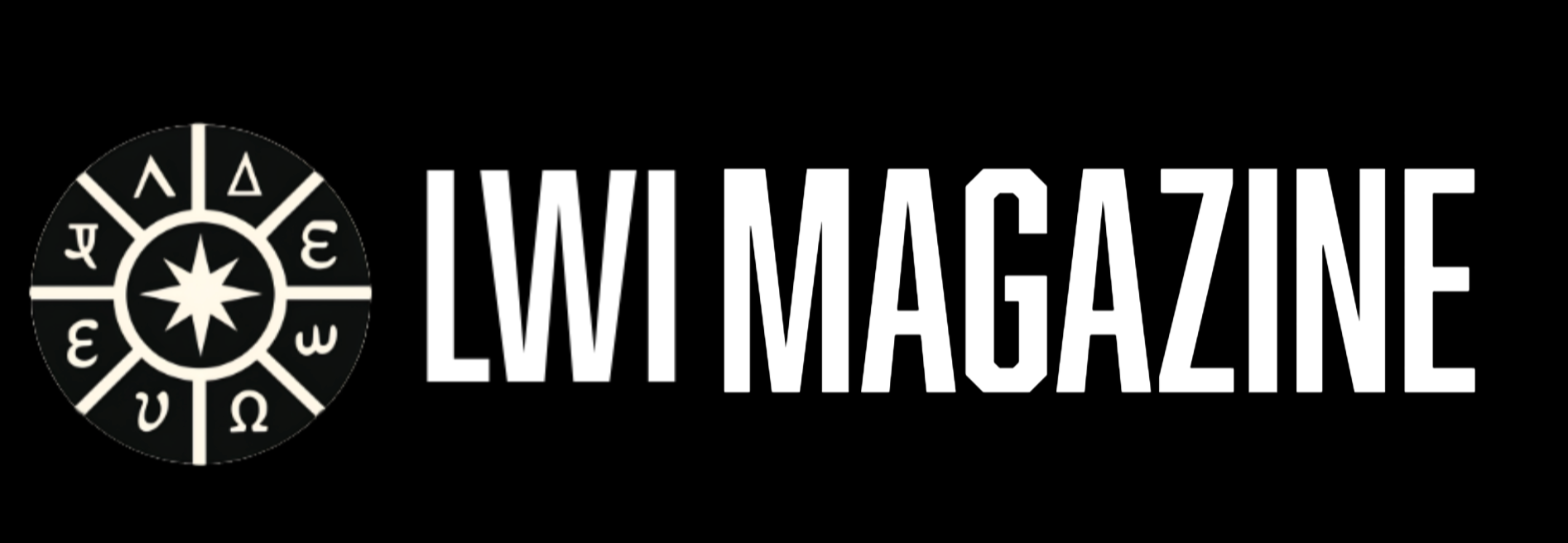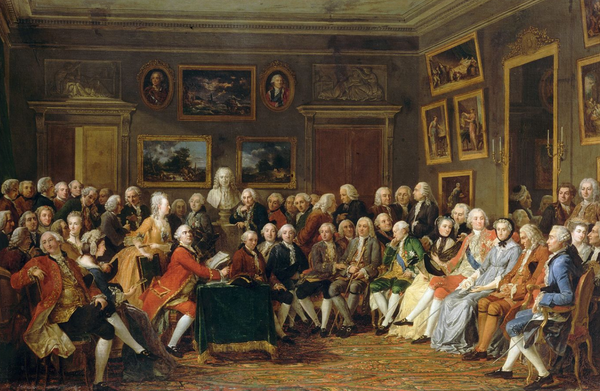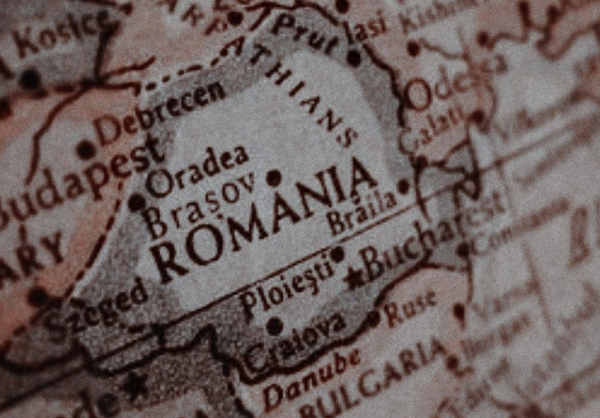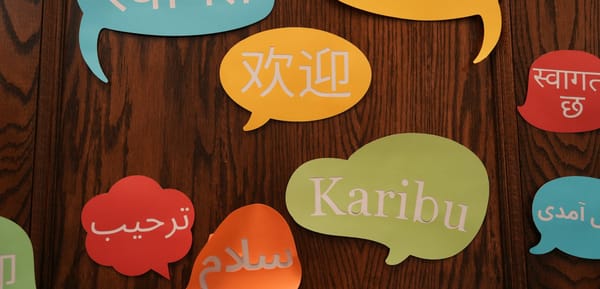How Modern Language Is Influenced by Pop Culture
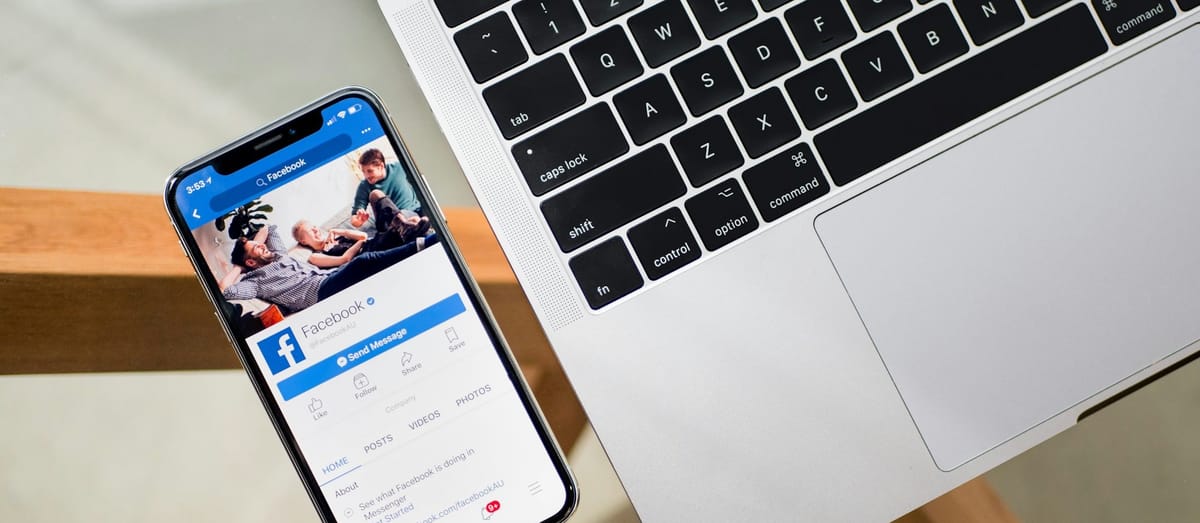
In the 21st century, the world is connected through social and digital media. There are countless examples: fashion, styles, hobbies, craftsmanship, and online trends cross borders every day. But how has this global connection impacted language? Do all English speakers still talk like Shakespeare or Jane Austen, or how has our modern tongue shifted?
Looking back through history, we have witnessed a major change in vocabulary and expression across the world with every new age. As each generation grows up, they naturally develop their own slang and popularize it in daily conversations, texts, and social interactions. The Shakespearean age enriched English with poetic invention, the Industrial Revolution introduced technical jargon, and the digital era birthed abbreviations like “LOL” (Laugh Out Loud) and “BRB” (Be Right Back). Linguistic revolutions are not led by scholars or poets, but by teenagers and pop culture. Today, slang terms are introduced daily, spreading across the internet at the speed of light. The language of youth, music, film, and the internet now determines what becomes mainstream English. Popular culture acts as both a mirror and a mold, capturing the voices of a generation and recasting them into new linguistic forms.
Sociolinguists often describe this process as “language innovation through mass media.” When people encounter catchy phrases or creative expressions in pop songs, YouTube videos, or television series, they unconsciously imitate them. Over time, these expressions lose their association with a single source and enter general vocabulary. For example, the word “selfie,” first used casually on social media in the early 2000s, became so widespread that it was added to the Oxford English Dictionary in 2013. The journey of “selfie” from an internet joke to an official English word perfectly illustrates how pop culture molds daily vernacular.
Popular forms of media and entertainment constantly promote new phrases and slang that eventually take over everyday speech. We often adopt the most famous and popular lines from movies and shows: “that’s so fetch” from Mean Girls, “winter is coming” from Game of Thrones, and millions of other phrases like these appear in our casual conversations. Linguists call this phenomenon “intertextual borrowing,” when language from one cultural text is repurposed in new contexts. Through streaming platforms and global media, such expressions now spread internationally within days, crossing geographic and linguistic barriers. Even non-English-speaking countries borrow English slang through pop culture, blending it with their native expressions and creating new hybrid forms of language understood across borders.
Social media plays a major role in this evolution, with platforms like TikTok and Twitter popularizing viral phrases such as “it’s giving” or “main character energy,” which quickly enter everyday speech. Words like “literally,” “like,” “legit,” and “sus” travel around the world, used by people of all ages in almost every sentence. Expressions such as “I can’t even,” or “he ate” rely heavily on tone and shared cultural understanding rather than accurate syntax or grammar, which has also become far more relaxed. In daily messages and conversations, grammar is often ignored, with many young people unbothered by the traditional rules of language. Should that be considered a sign of indiscipline, carelessness, or simply a reflection of changing times?
Another striking trend is the normalization of explicit words in casual speech. What was once considered forbidden or scandalous is now used freely by younger generations. The severity of such words seems to matter less, as pop culture gradually normalizes language that once carried strong taboos. While some view this as a sign of openness and honesty, others see it as the erosion of linguistic decency.
Language is a mirror of society, constantly reshaped by the forces that define each era. In today’s interconnected world, popular culture has become the strongest force driving linguistic change. It introduces new expressions, breaks traditional rules, and bridges people across cultures. Music, films, memes, and social media trends all contribute to the evolution of how we communicate. Whether it is through the invention of slang, the blending of languages, or the casual tone of online speech, pop culture has turned language into something more fluid, creative, and dynamic than ever before.
However, this transformation also reminds us of our responsibility as speakers and creators of language. Every word we use reflects not only how we express ourselves but also how we shape the world around us. As pop culture continues to evolve, so will our language: vibrant, ever-changing, and forever influenced by the culture we live in.
